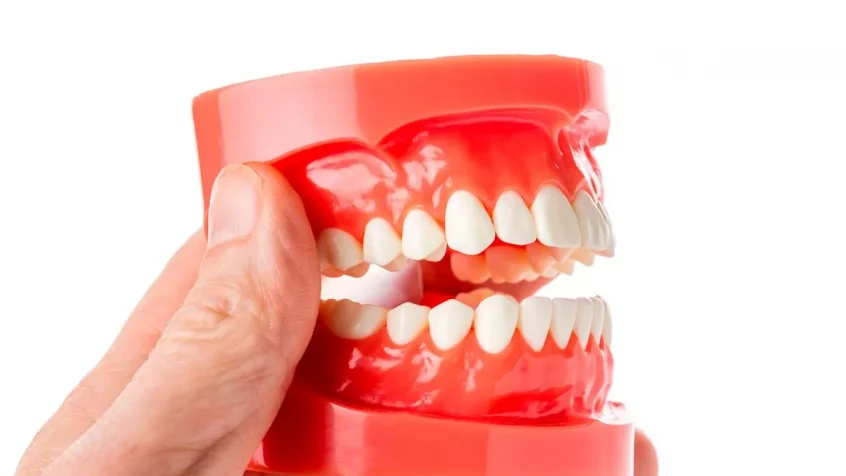Animals’ lives can be prolonged if their calories are restricted, and we also know that eating less is good for all kinds of reasons for us too.
In fact, if we did the same with our calories, it could even reverse a patient’s type 2 diabetes. I’d even go as far as to say our bodies love it when we up the time interval between meals. It gives the body time to rest, to do a bit of clean-up.
After my evening meal at 7pm I go more than 15 hours overnight until I eat again at 1pm. The effect is to even out your blood sugar levels which, in part, control appetite, prevent insulin resistance and help you to maintain a healthy weight. In addition to all that, new research from King’s College London shows calorie restriction (500-1,300 calories per day) could be used as a treatment for, wait for it, gum disease.
In the King’s review, the effect of eating less on both treatment response (usually measured as a reduction in gum pockets and bleeding gums) and on inflammation were studied. We all know periodontitis can have serious implications. It leads to inflammation, not just in the gums themselves, but throughout the whole body. This kind of inflammation is connected to heart disease, diabetes and cancer.
So this first review to assess the effect of dietary restrictions on periodontal (gum) disease is of crucial importance to everyone. What did the scientists uncover when participants consumed fewer calories? Well, we can all learn something. They found improvements in gum disease alongside reduction in local and systemic inflammation. Four animal studies and two human studies were included in this review.
The King’s team found that some dietary/calorie restrictions have the potential to promote gum health through reducing local inflammation and our overall health by curbing inflammation throughout the body. When compared to the effect of eating a normal diet on gum health, food restriction may also curb progression of periodontal disease.
Luigi Nibali, professor of periodontology at the Faculty of Dentistry, Oral & Craniofacial Sciences at King’s, says: “If confirmed, the results shown in this review could suggest calorie restriction works as a means to reduce periodontal inflammation and potentially improve treatment response.
“Calorie restriction to 500 to 1,300 calories a day for short durations, with or without exercise, has been proposed so far. However, other regimes, which can be proven to be both feasible and effective, could be introduced in future.” Brush your teeth!

